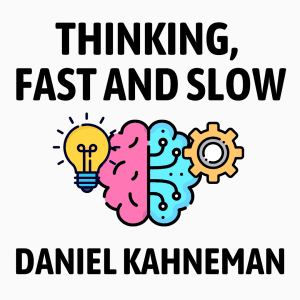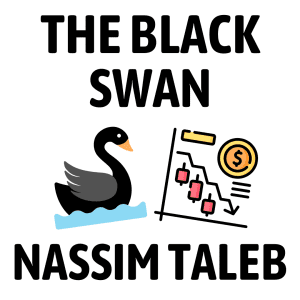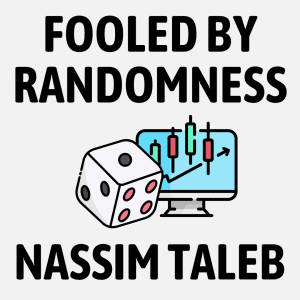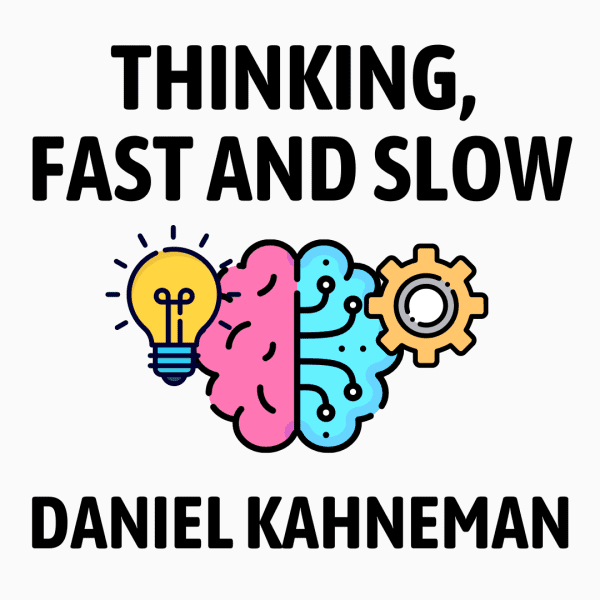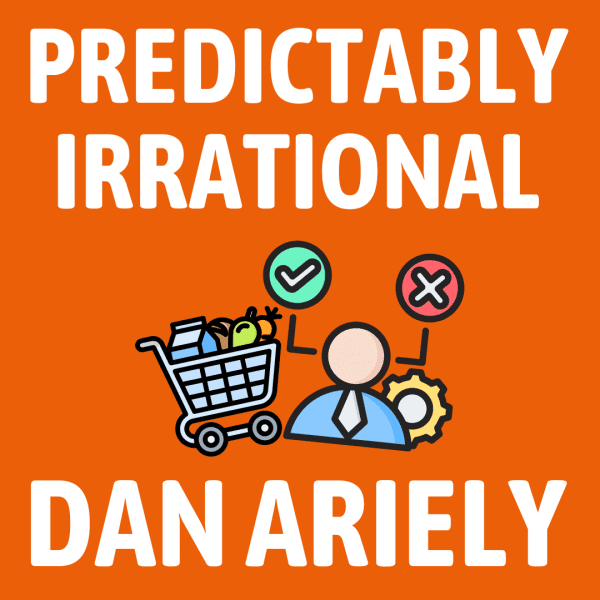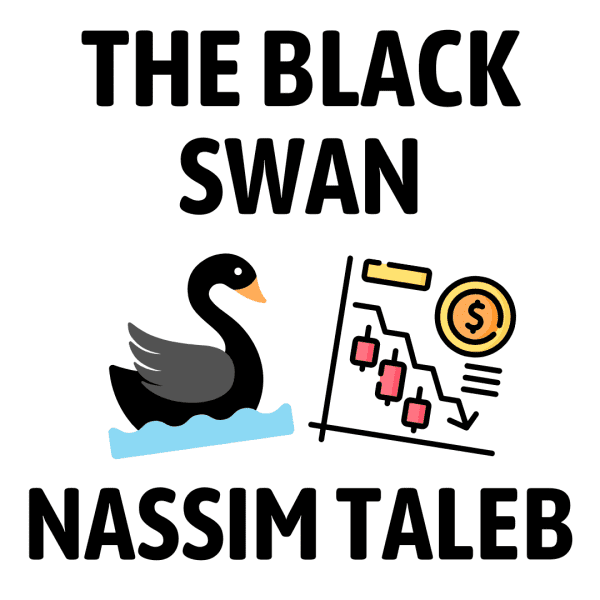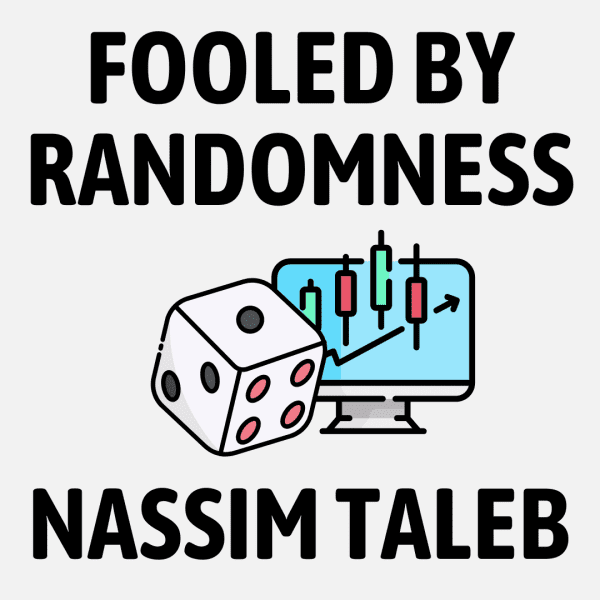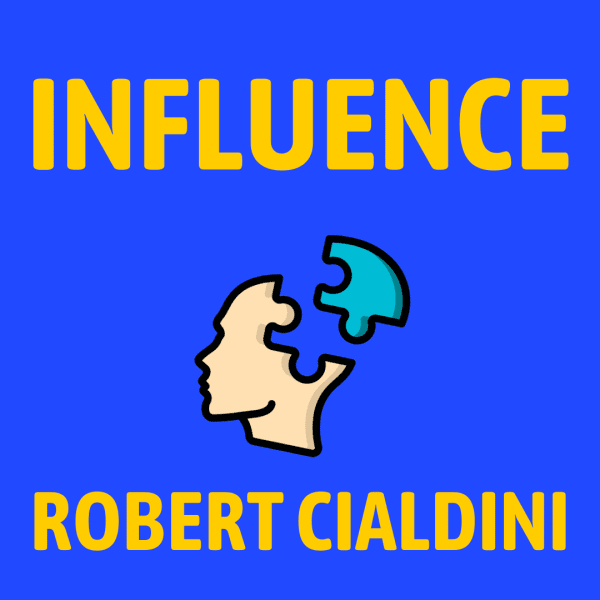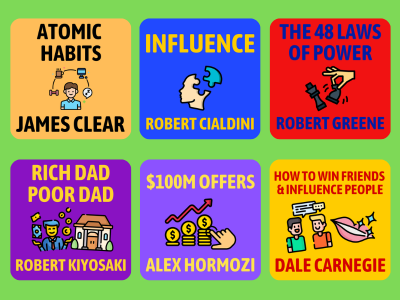Best Decision Making Books: 4-Day Decision Making Challenge
Welcome to our Best Decision Making Books Collection. Here you’ll find summaries of the top books on decision making, designed to help you develop critical thinking, solve problems, and make better choices.
Explore insights from experts like Daniel Kahneman, Nassim Taleb, and Dan Ariely on topics like cognitive biases, behavioral economics, and navigating uncertainty.

